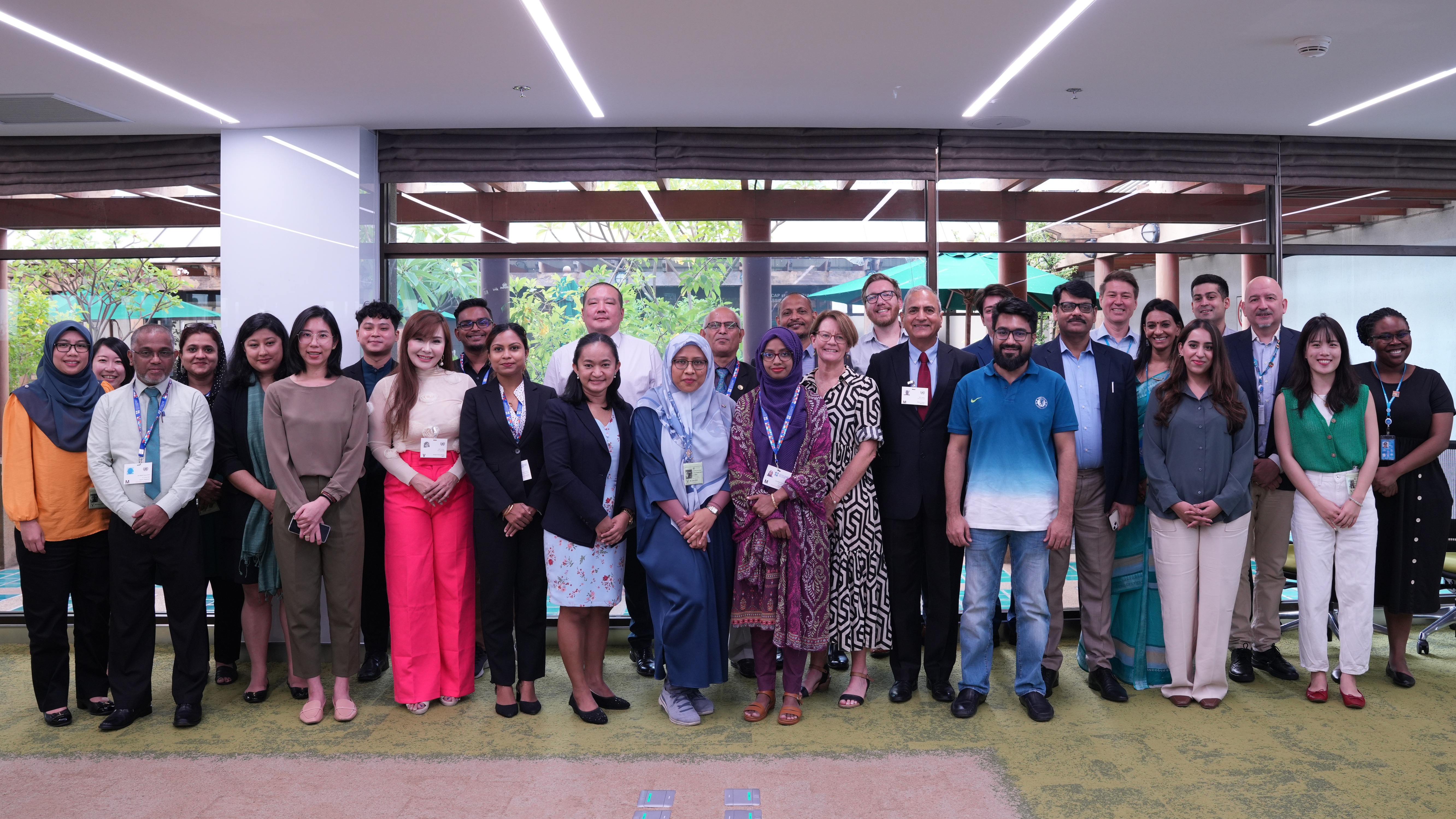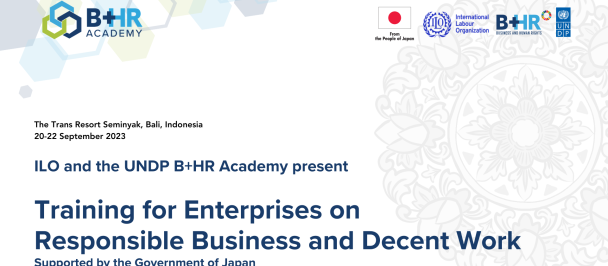A training brought together NHRIs from ten countries for collective learning and exchange
Strengthening the role of NHRIs in promoting business and human rights
June 28, 2023

National human rights institutions (NHRIs) are an important vehicle for influencing business and human rights outcomes. From their unique position, NHRIs can exert significant influence by raising awareness, conducting training, advocating with business and government, engaging in National Action Plan processes, recommending law reform and engaging with civil society and rights holders. In addition, NHRIs have the power to facilitate access to remedy both directly through their own procedures, and indirectly through advocacy and capacity-building.
Across Asia, NHRIs have varied levels of capacity and engagement with the business and human rights discourse. At the same time, there is growing interest among NHRIs in the region in learning and exchange with peers on business and human rights.
To support national human rights institutions across Asia, B+HR Asia, in collaboration with the University of New South Wales, developed a training course for NHRIs. The course is designed to increase the understanding of NHRIs in addressing business and human rights issues while building their knowledge on relevant international frameworks that can be leveraged by NHRIs working on business and human rights.
From 5-6 June 2023, on the sidelines of the 5th UN Responsible Business and Human Rights Forum in Bangkok, more than 15 representatives from NHRIs in ten countries came together for training and exchange. Over the two-day training – led by experts from the University of New South Wales, Notre Dame University Australia, and the Asia Pacific Forum – participants were able to learn collectively, exchange experiences and connect with peers.
The in-person training is complemented by a self-paced virtual course, through which participants can continue to learn at their own pace. Divided into four modules, the course aims to help NHRIs improve their map, understand the role they can play in addressing BHR issues, engage with stakeholders and strengthen their role in bridging remedy gaps and overcoming barriers. Delivered through an online platform, the self-paced course addresses the needs of NHRIs, while appreciating their limited capacity on business and human rights and routine workload.

 Locations
Locations


